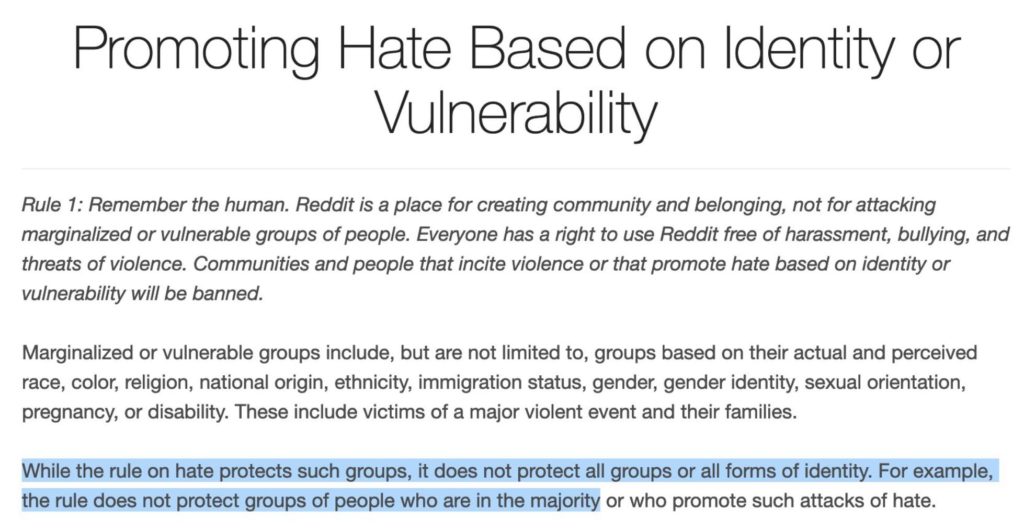Harper’s Letter on Justice and Open Debate
We are now beginning to hear the other side of a much-needed debate advocating for the need for robust and open debate. Too many careers have already been threatened or ended by a misstep or two on an invisible ever-changing minefield containing far too many untethered and unsustainable ideas. And whatever happened to do unto others? Here is the final paragraph of the Harper's Letter signed by numerous artists, thinkers and writers who fear for the future. The document is titled: "A Letter on Justice and Open Debate":
This stifling atmosphere will ultimately harm the most vital causes of our time. The restriction of debate, whether by a repressive government or an intolerant society, invariably hurts those who lack power and makes everyone less capable of democratic participation. The way to defeat bad ideas is by exposure, argument, and persuasion, not by trying to silence or wish them away. We refuse any false choice between justice and freedom, which cannot exist without each other. As writers we need a culture that leaves us room for experimentation, risk taking, and even mistakes. We need to preserve the possibility of good-faith disagreement without dire professional consequences. If we won’t defend the very thing on which our work depends, we shouldn’t expect the public or the state to defend it for us.



